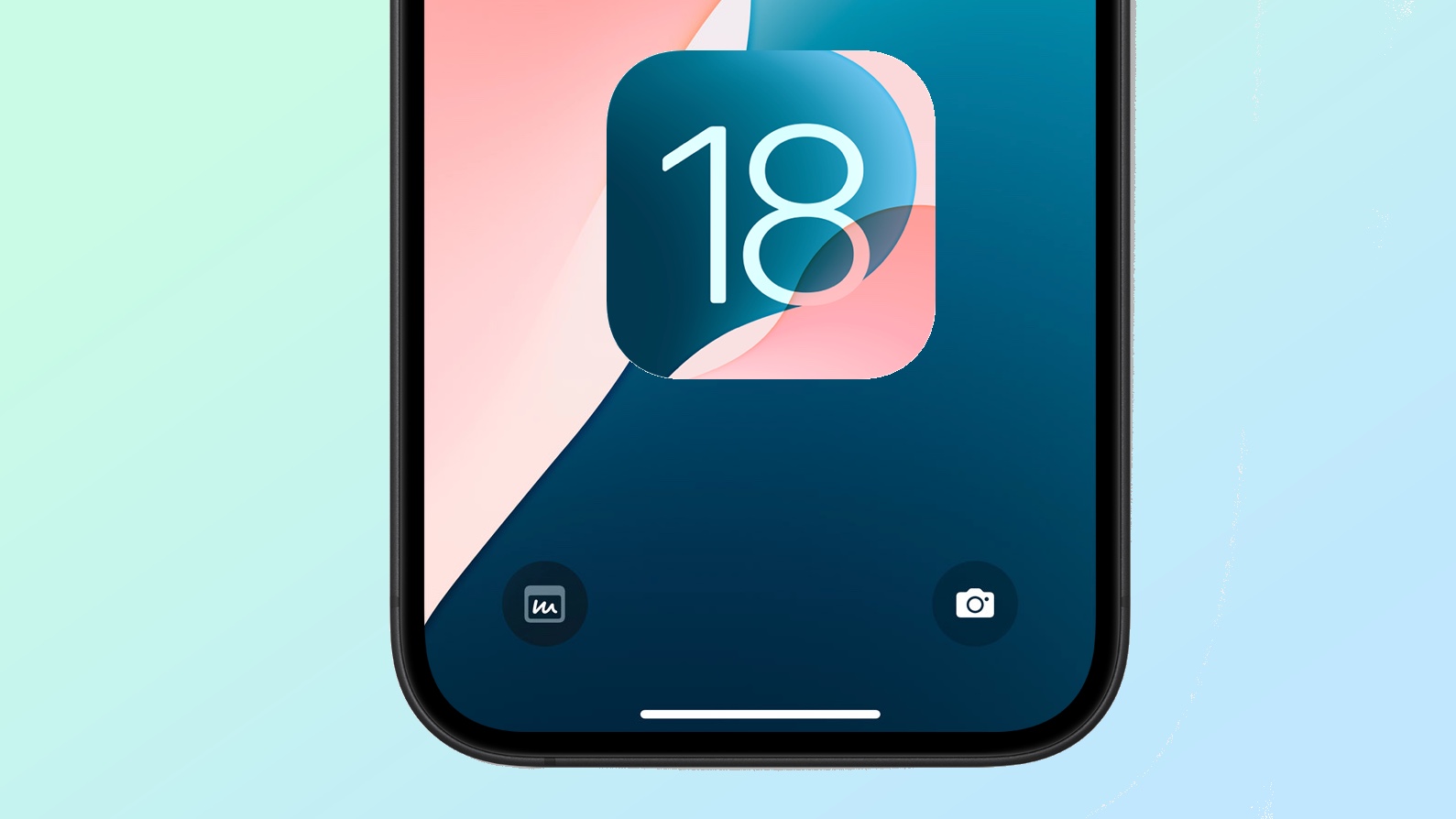iOS 18 will force your iPhone to reboot after 3 days — here’s why that matters
A new security feature could make your iPhone harder to crack

There are a lot of big changes in iOS 18, but there’s one that you may not have noticed. Security researchers have noticed (via TechCrunch) that iPhones running the new software have an extra security measure — automatically rebooting if you don’t use them for over 72 hours.
Security Researcher Jiska Classen posted a timelapse of this feature in action over on X. In it an iPhone running the iOS 18.2 beta is locked and left for 3 days, at which point the phone reboots without any outside interference. And you can tell it’s a full restart, because the phone unlock screen explicitly says you have to use your passcode after a restart.
See the latest iOS inactivity reboot in action!iOS 18 comes with improved anti-theft measures. Three days w/o unlock, the iPhone will reboot, preventing thieves from getting your data. (1/4) pic.twitter.com/H24Tfo1cSrNovember 13, 2024
As Classen points out, iPhones are significantly harder to break into after a restart. It doesn’t matter whether a phone is in the hands of thieves, law enforcement or someone else entirely. Any forensic tools that are being used will have a much harder time breaking in compared to a typical unlock screen. Classen notes that this is partly down to an iPhone’s “Before First Unlock” state locking encryption keys inside the Secure Enclave Processor.
Funnily enough, we’ve already heard that this feature has been causing problems for law enforcement. Reports of a new conspiracy theory among police hit the web last week, with cops theorizing that iPhones running iOS 18 are communicating with each other in secret — causing spontaneous restarts when other phones are disconnected from cell networks.
It turns out it wasn’t anything quite so technical. The iPhones are simply programmed to restart if they’re left dormant for too long — and the battery isn’t allowed to run out. Those reboots also seem to be happening regardless of whether an iPhone has a signal or not. Meaning it’s coded into the phone itself, and not prompted by an outside force.
Magnet Forensics have confirmed this feature for themselves, and noted that iOS 18 initially set the reboot time for seven days. However iOS 18.1 shortened the countdown to three days, and pointed out there are no prompts or warnings that give any indication an automatic restart is on the way.
For ordinary people, it’s unlikely you’ll experience the automatic lockout very often. Odds are you’re using your iPhone every day, and means the timer can’t count down to completion. Still, on the off chance that it does happen before your battery dies, the only consequence is mild annoyance because you need to input your passcode again.
Sign up to get the BEST of Tom's Guide direct to your inbox.
Get instant access to breaking news, the hottest reviews, great deals and helpful tips.
But for anyone trying to gain unauthorized access? Suddenly they’re going to have a much harder time accessing your data. Though the three day timer means criminals and law enforcement alike do still have time to crack your phone if they’re proactive about it.
More from Tom's Guide

Tom is the Tom's Guide's UK Phones Editor, tackling the latest smartphone news and vocally expressing his opinions about upcoming features or changes. It's long way from his days as editor of Gizmodo UK, when pretty much everything was on the table. He’s usually found trying to squeeze another giant Lego set onto the shelf, draining very large cups of coffee, or complaining about how terrible his Smart TV is.
